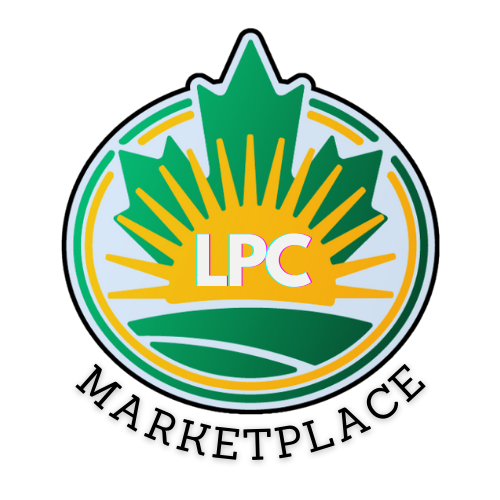Working with Outside Sales Persons in Oregon Cannabis

Outside sales people can be a great tool to sell your cannabis product. They may be invaluable to your company. In Oregon, outside sales people may be exempt from minimum wage and overtime requirements if certain requirements are met. Lately, we’ve seen more and more Oregon marijuana companies start working with outside sales people (sometimes called a “sales representative”, “account representative”, etc.) in order to get a leg up in the highly competitive Oregon industry.
As with any sort of employment-adjacent relationship, working with outside salespersons is covered by administrative rules, in this case through the Bureau of Labor and Industry (BOLI). As such, OAR 839-020-0005(4) defines an “Outside Sales Person” as:
an employee who is customarily and regularly engaged away from the employer’s place of business and the salesperson is employed for the purpose of making sales or obtaining orders or contracts for services or for use of facilities for which a consideration will be paid by the client or customer, and the person’s hours of work spent engaged in activities other than sales does not exceed 30 percent of the hours worked in the workweek by non-exempt employees of the employer.
That’s a mouthful: Let’s look at how that might work in practice. A producer could have an employee that travels to processors, wholesalers, or retail stores to induce them to buy the producer’s product. The employee may provide samples to the prospective buyer in accordance with Oregon Liquor Control Commission (OLCC) rules, and induce them to enter into a contract to purchase the producer’s flower. If the employee is performing this type of work, outside of the producer’s farm a majority of the time, they may legally be qualified as an outside sales person. If so, minimum wage and overtime laws would not apply to the outside sales person.
For practical purposes, this means you would not be required to pay the outside sales person the current Oregon minimum wage of $10.75 per hour, nor would you be required to pay the sales person time and half for when the person works over 40 hours in a week. However, if you employ an outside sales person, you shouldn’t take this as permission to pay them less than the current minimum wage. The exemption exists for outside sales persons because they are typically paid commission wages. Commission wages is typically a percentage of sales. If an outside sales person is unable to enter into enough contracts to obtain minimum wage based on their commission status, the exemption is there to protect employers from having to supplement their wages to ensure they are receiving minimum wage.
Because we are talking cannabis, things are more complicated, of course, especially where a cannabis employer chooses to pay an employee commission wages instead of hourly wages. Under OLCC rules, any employee that receives commission payments is considered a person with a “financial interest” in the business. Persons with a financial interest in a cannabis business must be disclosed to the OLCC, and in certain circumstances, the OLCC may require the person to undergo a background check.
What the take-away from this information? An outside sales person can be a great employee to have as a cannabis business in Oregon. In certain circumstances, you may not be required to pay the employee minimum wage, and instead, create a commission structure for the employees wages. However, before this is done, the employee should be disclosed to the OLCC as a person with a financial interest in the business. If you are ever unsure if an employee qualifies as an outside sales person or needs to be disclosed to the OLCC, it’s always best to consult an attorney before making any changes that could have legal consequences. And it’s very important to have the scope of the relationship in writing, in order to protect your business from BOLI and other claims.
Go to Source – Megan Vaniman

